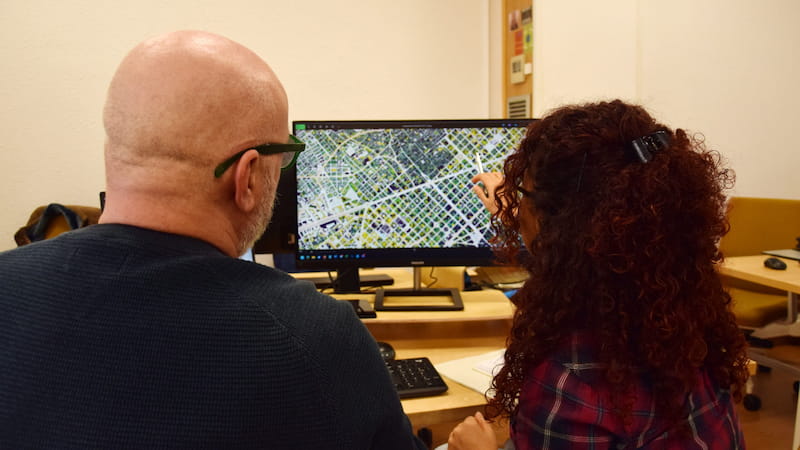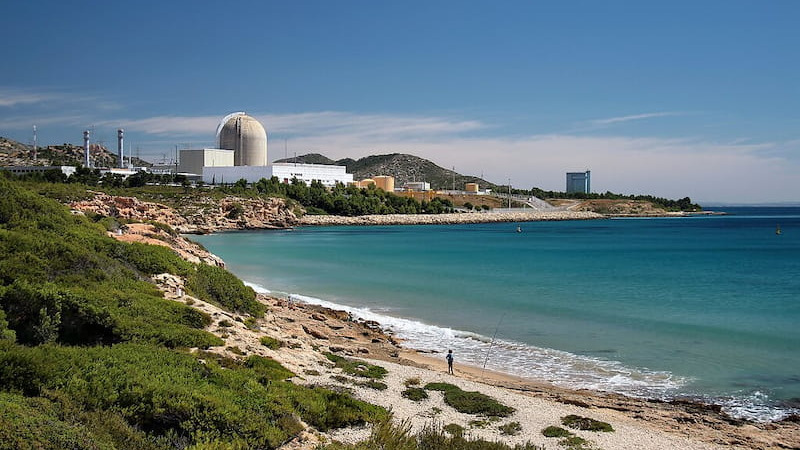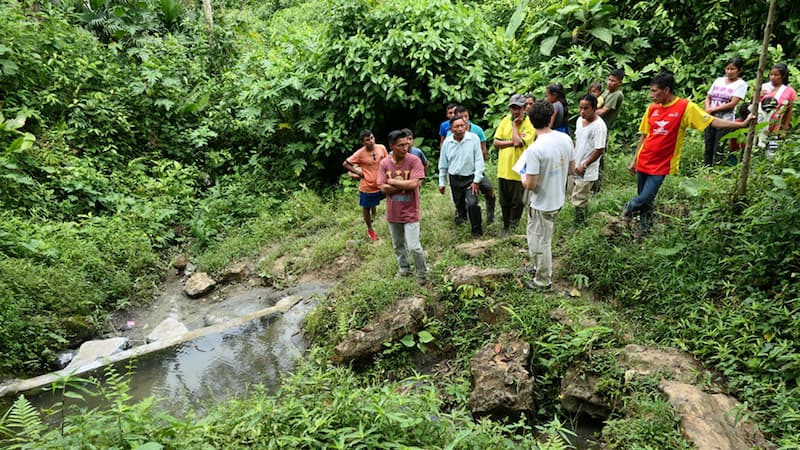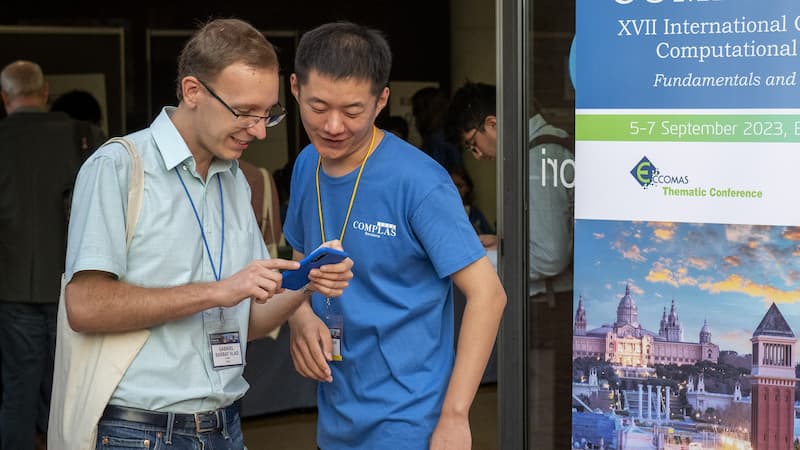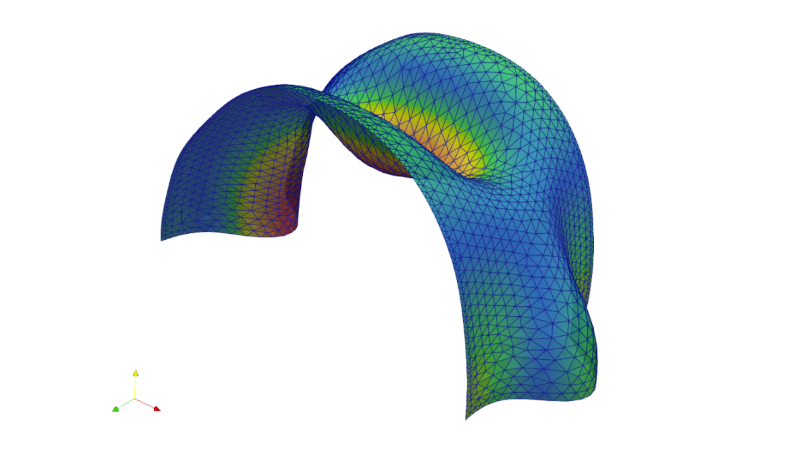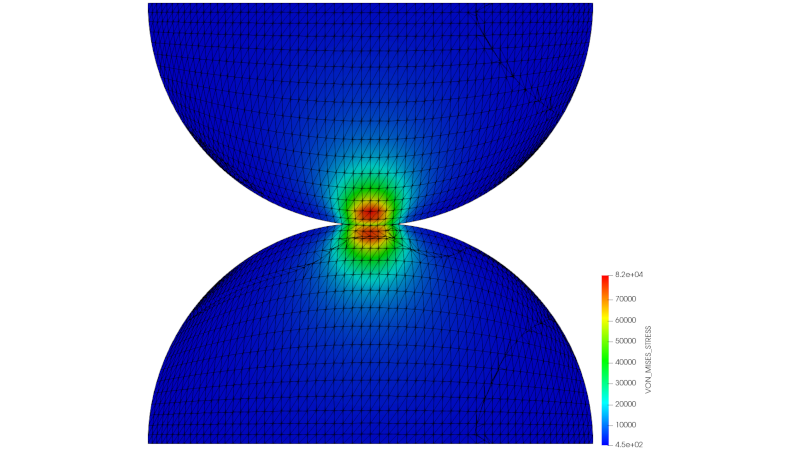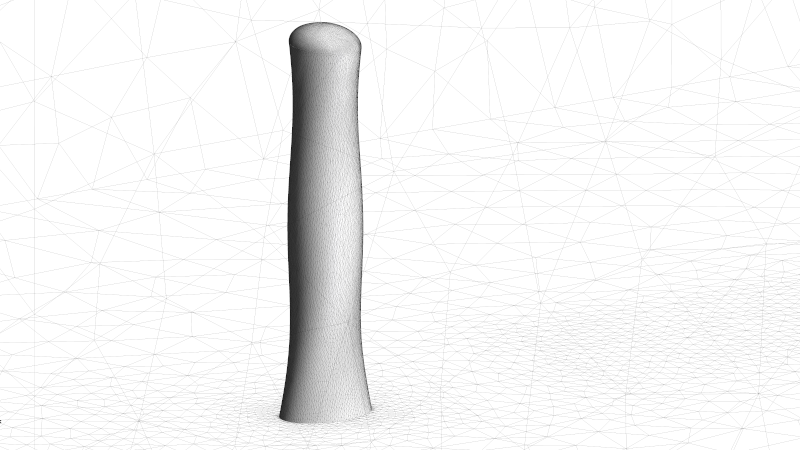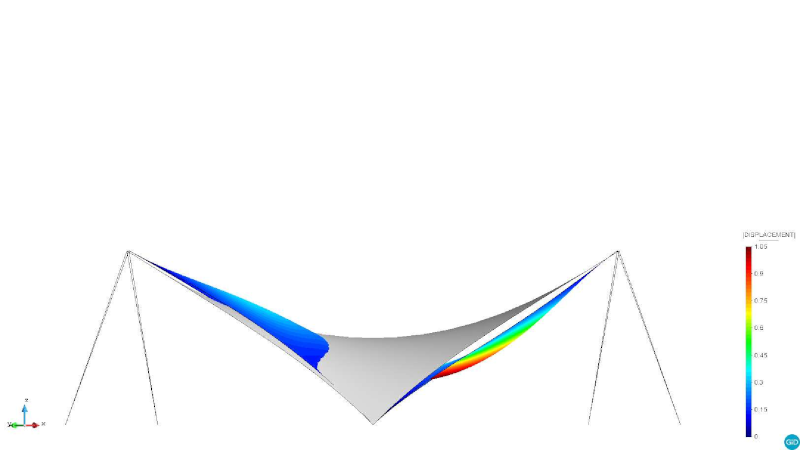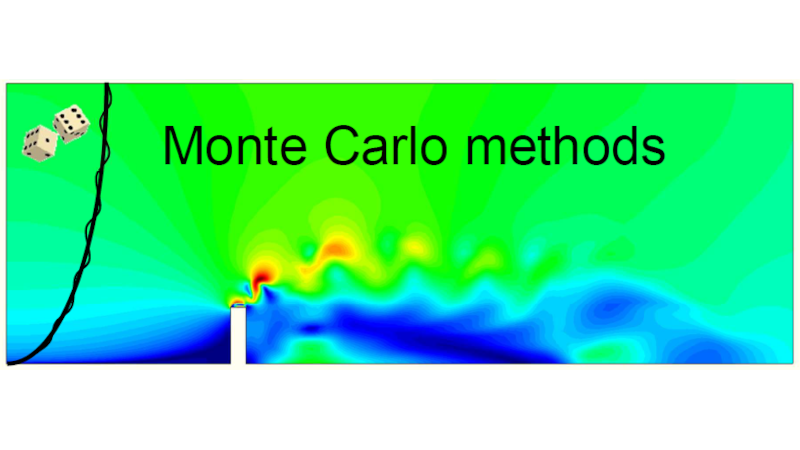Large Scale Multiphysics Computations
Kratos Multiphysics
Principal Investigator
Riccardo Rossi
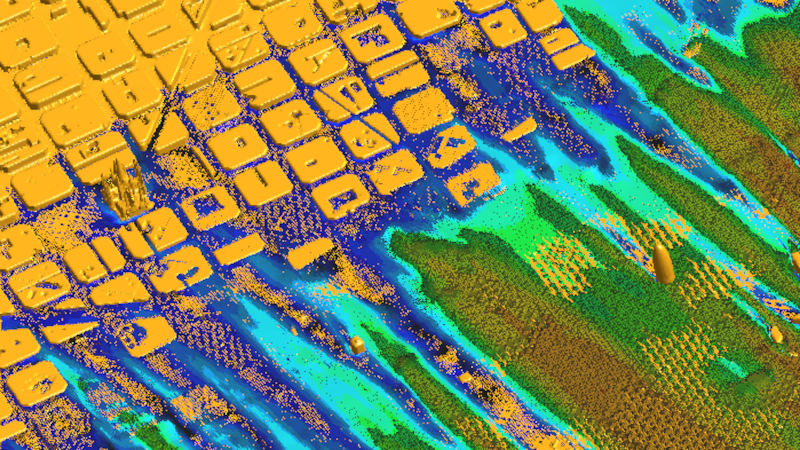
Overview
Research
Staff
Projects
This research group develops the Kratos framework—an open-source, general-purpose code for complex multiphysics simulations—leveraging High Performance Computing to integrate diverse physical models for realistic engineering applications and digital twins.
The Kratos Multiphysics Research Group at CIMNE focuses on developing a general-purpose research code that integrates state-of-the-art capabilities across multiple fields, explicitly designed to simulate complex multiphysics problems. This framework represents a unified computational environment where diverse physical phenomena can interact and be analysed simultaneously, providing researchers with powerful tools for tackling challenging engineering applications.
A primary focus of the group is the exploitation of High Performance Computing (HPC) capabilities for simulating realistic engineering problems. This goal is pursued through two complementary approaches: developing new solution technologies optimized for parallel architectures, and exploring the integration of models from different scientific domains, making the research inherently transversal and interdisciplinary.
The group has achieved significant advances in developing CFD models and FEM technologies, including level set-based computational fluid dynamics and fluid-structure interaction problems featuring two-phase flows. A particularly innovative area of research is the development of Simulation Based Digital Twins, where the group combines Hyperreduced-order models (HROMs) with HPC to significantly enhance the effectiveness and deployment of digital twin technology.
The group actively develops HPC workflows for constructing reduced-order models (ROMs), addressing the computationally intensive offline processes through parallel computing strategies. Their workflow, implemented using Kratos Multiphysics and the COMPSs parallelization framework from the Barcelona Supercomputing Center, encompasses model creation, high-fidelity simulation, reduction techniques, and feedback refinement.
Committed to open science principles, the research group fosters open-source developments and collaboration with groups across different locations and disciplines. Their work contributes to integrating diverse technologies within a single, unified workflow, continuously expanding the solution capabilities of the Kratos framework and making advanced simulation tools accessible to the broader scientific community.
Ongoing projects
Finished projects
Related news
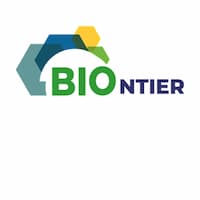
BIOntier Project to Advance Sustainable Biocomposites Launched this Week
The BIOntier research project, aimed at advancing sustainable, circular biocomposites with high-performance features for multi-sector applications, officially kicked off this week with a working meeting at the FORTH research centre in Heraklion, Crete, Greece. The...
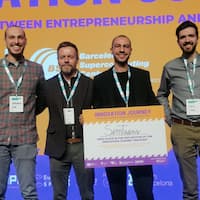
CIMNE project to bring digital twins to industry wins BSC Innovation Journey Award
SimTwins, a collaborative initiative developed by CIMNE to improve the future of industries through digital twins, has won the first prize in the Barcelona Supercomputing Center (BSC) Innovation Journey award. The prize, presented yesterday to Sebastian Ares,...

